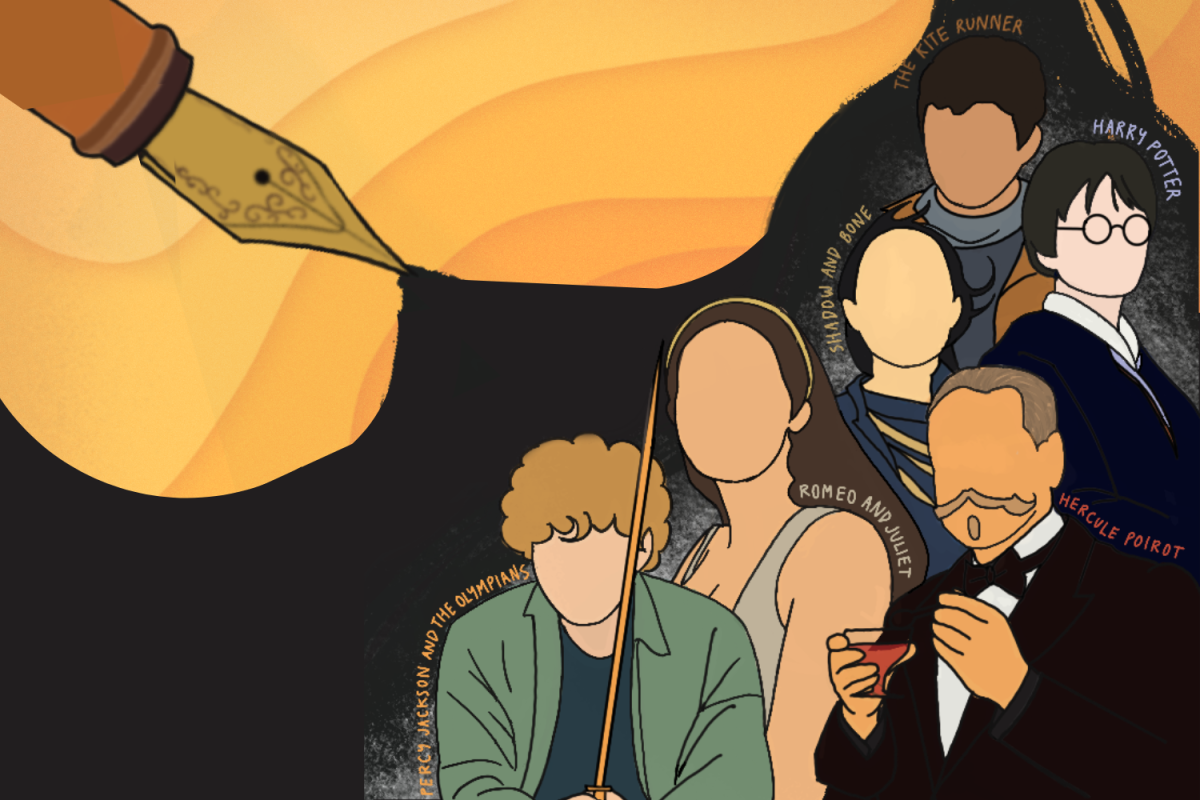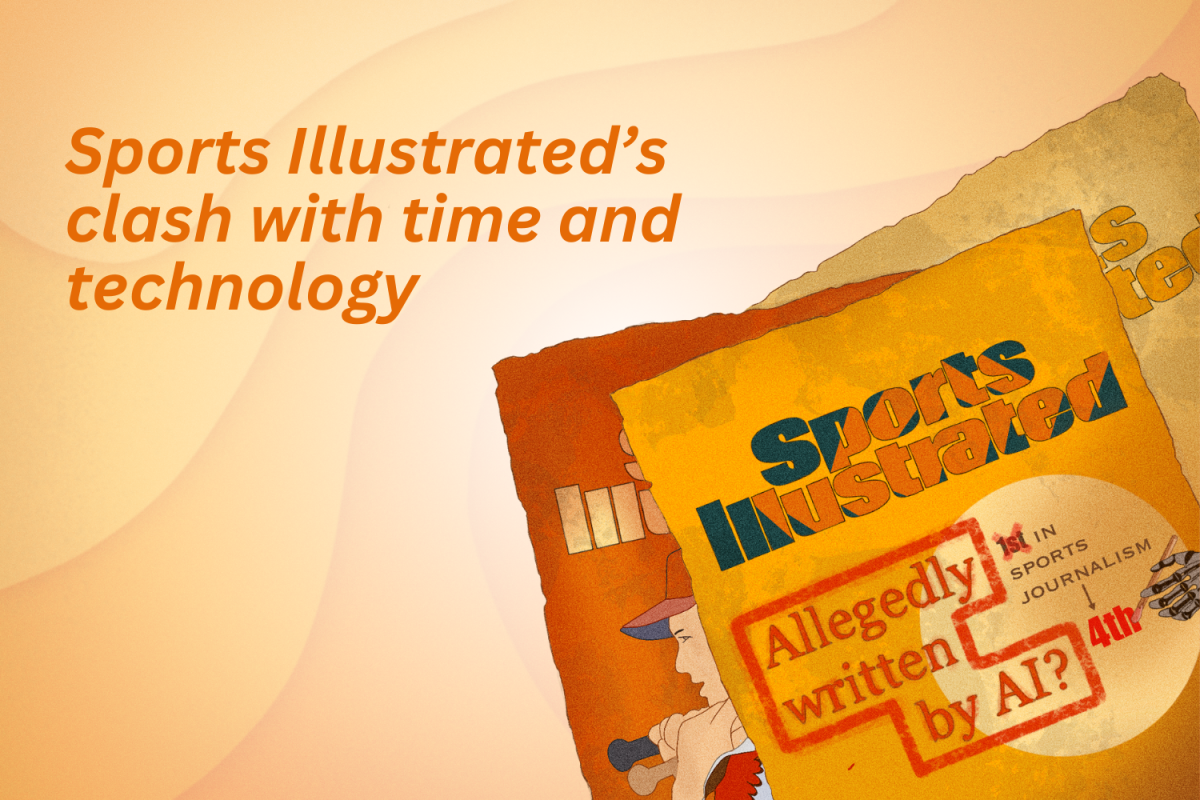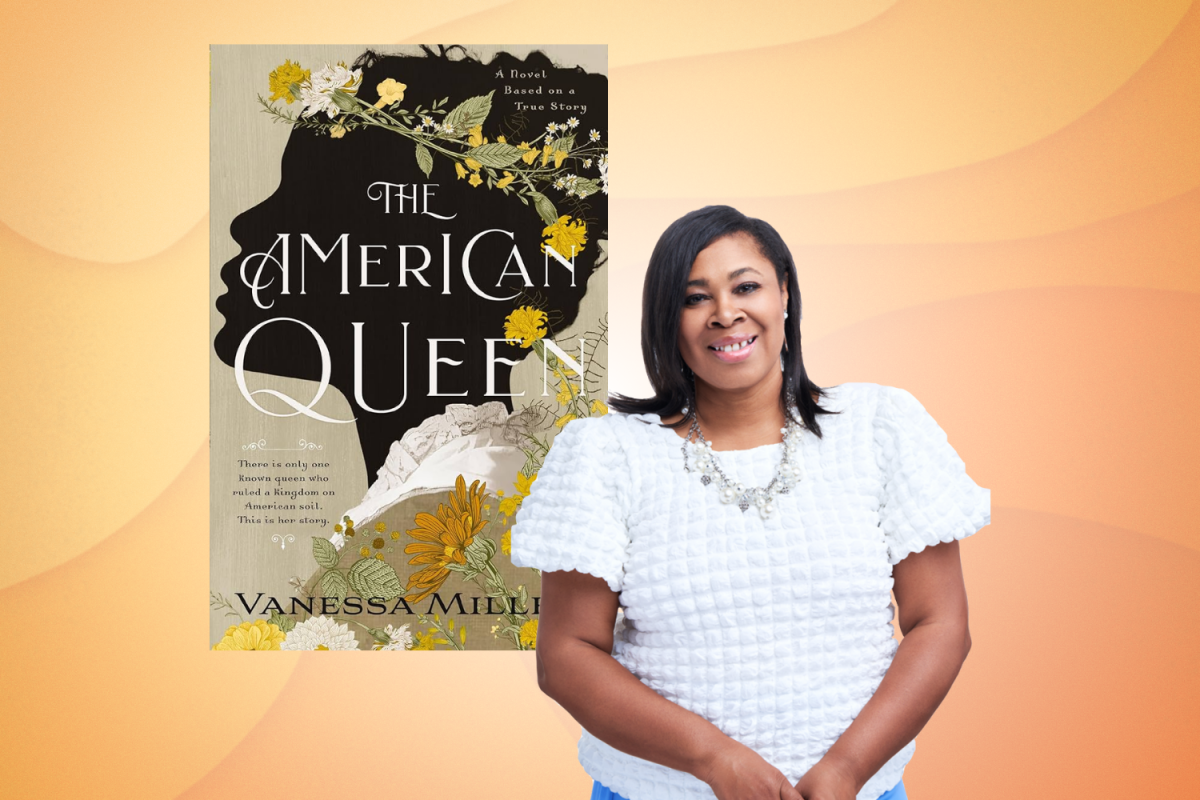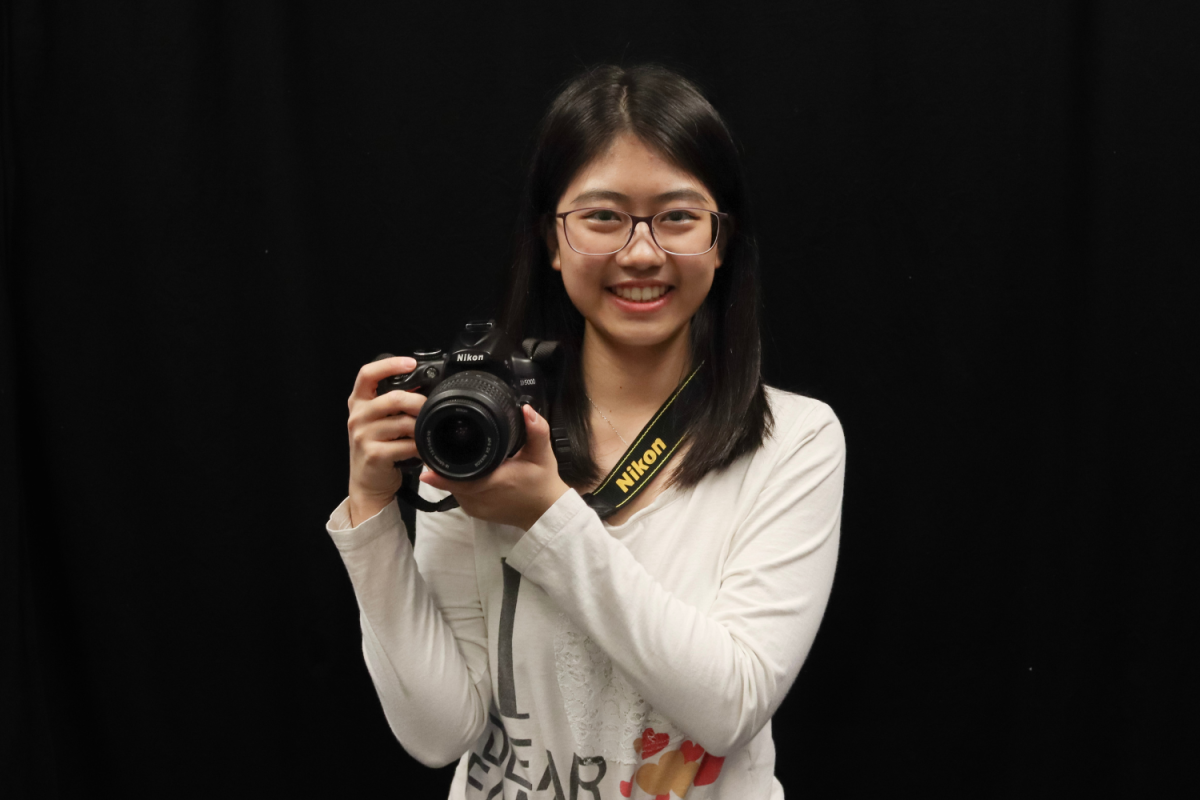It can be easy to catch a die-hard book fan groaning about the new movie adaptation of their favorite book. From “Harry Potter” to the stories of detective Hercule Poirot to “Percy Jackson,” nearly every major piece of literature ends up on the big screen. Unfortunately, only a few of them find widespread appeal and financial success, while most garner criticism for straying from the book’s plot or casting actors that differ from their described identity in the book. These movies or television shows do, however, make their way to a larger audience, who are able to appreciate the author’s works. Despite the aversion many may feel toward adaptations, they continue to positively serve today’s consumers by exposing them to stories they otherwise would not have been aware of.
“The books that were chosen to become movies were chosen for a reason,” senior and Students for Literacy co-president Ella Yuan said. “They have a really good plot or elements that translate really well into a movie or a TV show format.”
Historically, movie adaptations of popular novels have seen a variety of success levels. With only a 5.9 out of 10 on IMDb, the first “Percy Jackson” movie adaptation from 2010 was described as “a lot less funny than the book” by the New York Times. The teen fantasy “Twilight” saga’s adaptations were received with similar reviews upon its release, while other movies like “A Wrinkle in Time” and “Eragon” were spurned for falling short of their literary counterparts. Common problems audience members have with the movies are flat plot points, the removal of major scenes and subpar screenwriting. Most, if not all, well-respected classics like “To Kill a Mockingbird” and “Romeo and Juliet” have also been adapted into movies, earning mixed reviews regarding their plot and acting.
“The movie of ‘To Kill a Mockingbird’ skipped out on a few details,” freshman Sylvia Dong said. “There were a few characters and events that just didn’t get mentioned, but I guess it comes with having a limited budget.”
According to Wordsrated.com, the average American reads about 12.6 books a year. For most busy Americans, it can be hard to find the time and energy to sit down and work through a novel, especially if reading is lower on one’s priority list. In comparison, the number of television shows and movies that the average person watches is significantly higher at 290 movies and TV shows in 2022, according to the SWNS Media Group. Evidently, the digital age’s readiness of information encourages audiences to turn to movies instead of written pieces. This is why adaptations can be more of an accessible and convenient format to absorb a story.
“I think a lot of the time people are big fans of the books and they feel very protective of the book,” Yuan said. “They don’t want the movies to ruin it for them, but I also think turning a book into a movie makes it a lot more popular.”
From plays like Shakespeare’s “Macbeth” to Khaled Hosseini’s historical fiction novel “The Kite Runner,” many of the stories read in literature classes offer one or sometimes multiple adaptations. Students are able to see their curriculum come to life through these films, providing a deeper and more engaging angle into the content.
“In World Literature we read ‘Macbeth,’ and we were also shown the movie,” sophomore Jessia Steiger said. “It was really good because in Shakespeare’s writing, not everyone’s going to understand what they’re talking about. By turning the words into something visual like a movie, people can understand what’s happening better. I think that was why my teacher showed it to us.”
Despite the unexpected pros of adaptations, they are often held up to unrealistic standards, stemming from an expectation of what the adaptation “should” look like. Actors incompatible with the audience’s expectation are a main source of criticism, due to their appearance or the personality they choose to portray. Unfortunately, every reader has a different interpretation of the characters they see in their favorite novels, making it impossible to satisfy the desires of every audience member. A large number of adaptations have also been denounced for race-swapping characters. Nevertheless, changing the races of existing characters without disturbing the plot would bring diversity and representation into a comparatively monotone cast of the books — such as in Netflix’s “Shadow and Bone,” where the main character was recreated as half-“Shu”, the show’s equivalent to East Asian.
Differences of plot from the book to the movie have also attracted unfavorable attention. Although these can be frustrating, the changes are often made due to a shorter time frame and difference in medium; not all written in the book can be shown in the movie effectively. For example, inner dialogue from the characters — such as Percy’s from the “Percy Jackson” books — are difficult to incorporate effectively without interrupting the flow. Each episode in Disney’s show is only 45 minutes, making it fitting to allocate more time to action scenes. Thus, the directors of the movie are attempting to create an engaging storyline with the time and resources they have available alongside the creative opinions they possess. Author involvement can prevent this phenomenon from becoming detrimental, shown through the significant difference in success between Disney’s “Percy Jackson” — which involved the original author — and the previous movies, which didn’t.
Due to countless negative reviews online, the judgment of book adaptations are overly harsh. It is easy to see the shortfalls of book adaptations, but their benefits cannot be overlooked. From bringing recognition to books by creating visually appealing content for students in school to satisfying the fast-paced life most prefer today, adaptations have proven their worth regardless of their reputation. When addressing the benefits that adaptations can bring, the antagonism repeatedly felt for them should be tempered with the fact that these movies and TV shows are advantageous, and should not be met with such hate.


































































